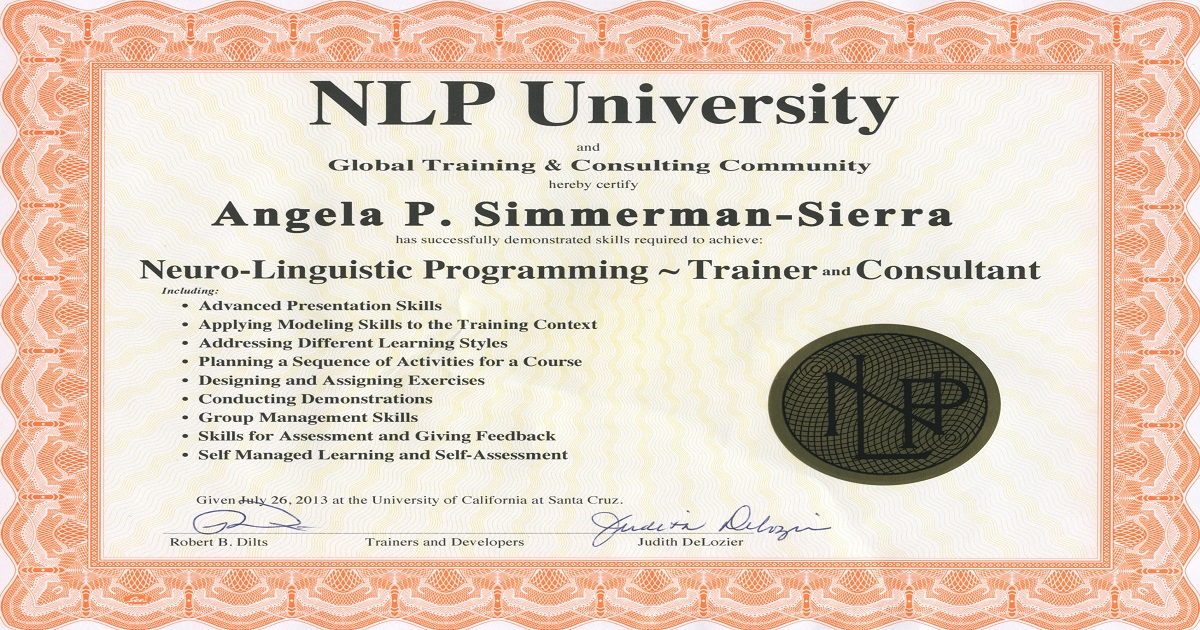Introduction
In the academic landscape, dissertations are more than mere exercises in research; they are catalysts for change. Among the crucial components of a dissertation, the discussion chapter holds the power to not only disseminate findings but also inspire transformation. By mastering the art of crafting discussion chapters that drive change, you can transform your academic work into a force for meaningful impact. In this article, we delve into the strategies that empower your voice and guide you on how to write a discussion in a dissertation that truly drives change.
The Dynamics of Change in Dissertation Discussions
Dissertation discussions are not passive summaries; they are dynamic spaces where theories meet reality, where research transcends academia to influence practical change. By infusing your discussion with the right elements, you can ignite conversations, challenge the status quo, and champion change.
Strategies for Writing Discussions that Drive Change
To craft dissertation discussions that drive change, consider the following strategies:
1. Contextualize with Purpose
Start by contextualizing your findings within a broader framework. Highlight the relevance of your research to real-world problems or societal concerns. By anchoring your discussion in a meaningful context, you set the stage for advocating change that addresses tangible issues.
2. Bridge Theory and Application
Connect theoretical insights to practical applications. Showcase how your findings can be applied in various scenarios, industries, or contexts. By demonstrating the versatility of your research, you emphasize its potential to make a difference beyond academia.
3. Highlight Implications and Possibilities
Explicitly discuss the implications of your findings. Delve into how your research outcomes challenge existing norms, suggest alternative approaches, or open doors to novel solutions. By exploring the possibilities your research presents, you inspire readers to consider new perspectives and embrace change.
4. Present Evidence for Advocacy
Support your claims with solid evidence. Use data, examples, and references to substantiate your arguments. Convincing advocacy for change is bolstered by a robust foundation of facts and well-reasoned analysis.
5. Address Counterarguments Effectively
Anticipate counterarguments and address them thoughtfully. Acknowledge potential objections and provide well-reasoned responses. Demonstrating a comprehensive understanding of opposing viewpoints enhances the credibility of your advocacy.
6. Call to Action
End your discussion with a compelling call to action. Encourage readers to take steps toward implementing the change you advocate. Whether it’s adopting new practices, reconsidering policies, or fostering further research, a clear call to action empowers readers to become agents of change.
Empowering Your Voice through Writing
Clarity and Conciseness
Write with clarity and conciseness. Complex ideas should be communicated in a straightforward manner. Clear writing ensures that your advocacy is easily understood and resonates with a diverse audience.
Emotional Resonance
Craft your discussion to evoke emotional resonance. Present real-life stories, anecdotes, or case studies that stir empathy and understanding. Emotional connection strengthens your advocacy and drives the message home.
Solution-Oriented Language
Use solution-oriented language to emphasize your role as a change agent. Frame your findings as contributions to resolving challenges and advancing progress. Positive and action-driven language motivates readers to embrace change.
Inclusivity and Diversity
Acknowledge diverse perspectives and stakeholders in your discussion. Address how the advocated change can benefit different communities or groups. Inclusivity adds depth to your advocacy and showcases its potential for broad-reaching impact.
Conclusion: Your Dissertation, Your Call for Change
In writing dissertation discussions that drive change, you transform your academic work into a force that shapes the world. Your dissertation becomes a conduit for advocating solutions, challenging conventions, and championing progress. As you empower your voice through writing, remember that your words have the power to ignite conversations, inspire action, and ultimately contribute to the betterment of society. Your dissertation is not just an academic exercise; it’s a clarion call for change that resonates far beyond the boundaries of academia.




